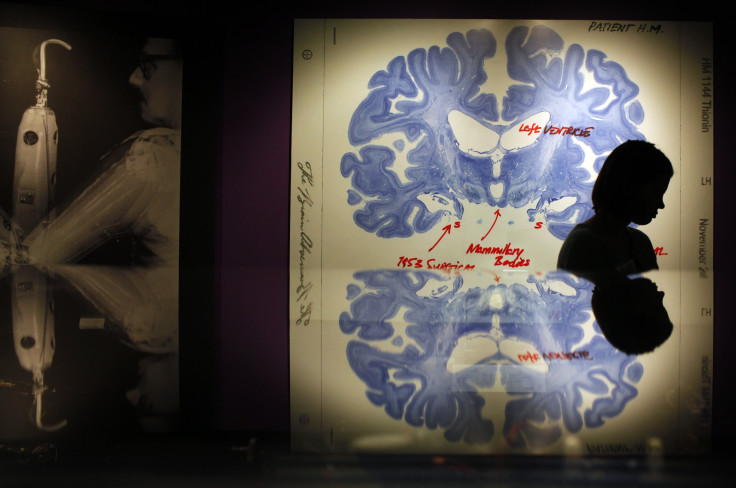Epilepsy And Religion? Study Finds Link Between Heightened Religiosity, Neurological Disorder

Epilepsy, a neurological disorder characterized by unpredictable seizures, has been historically linked with intense religious experiences — although these connections have been tenuous, at best. A new study has now attempted to shed light on the relationship between the human brain and spiritual, or religious, experiences.
In the recently published study, researchers from University of Missouri, said they found a link between religiosity and epilepsy, supporting “the notion that the human propensity for religious or spiritual experiences may be neurologically based.”
“The end goal of this research is to understand if some type of connection exists between the brain and spiritual experience,” Daniel Cohen, co-author of the study and assistant professor of religious studies at the university, said in a press release. “If a connection exists, what does it mean for humans and their relationship with religion?”
The research required patients suffering from epilepsy to take part in two surveys — one assessing behavior characteristics associated with the condition, and the other that looked at their religious and spiritual activities.
The 19 individuals with epilepsy who participated in the survey had an average age of 39 years. The participants were mostly Caucasian, identifying as Protestant (32 percent), Catholic (10 percent), Buddhist (5 percent), atheist (5 percent), or other (38 percent). Ten percent of the participants refrained from stating any religious affiliation.
“We found a strong correlation between philosophical religious thoughts and epilepsy, but no correlation between emotional thinking and epilepsy,” Greyson Holliday, co-author and an undergraduate student studying psychology at the university. “This study suggests that people may have natural neurological predispositions to think about religion but not in a way that is necessarily associated with emotion.”
The authors of the study — Cohen, Greyson and Brick Johnstone, a neuropsychologist and professor of health psychology — are looking to study religious experiences before and after brain surgery in future research, based on the finding of their latest surveys.
© Copyright IBTimes 2025. All rights reserved.





















